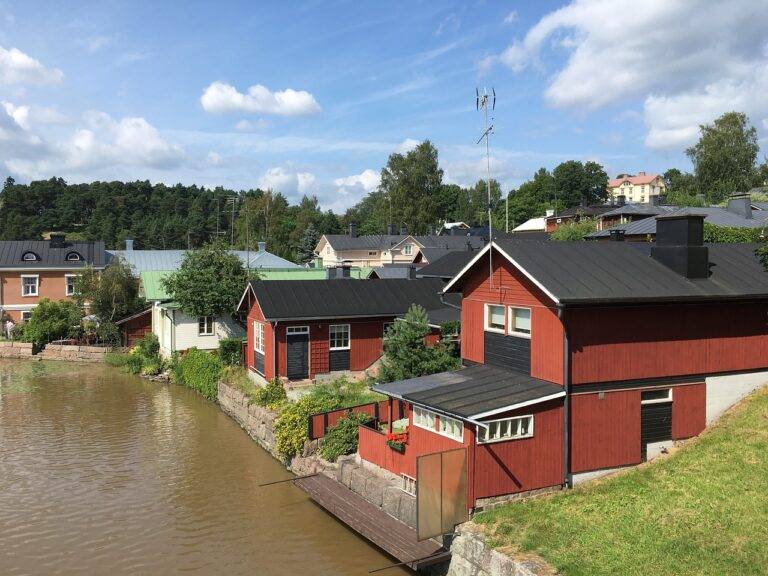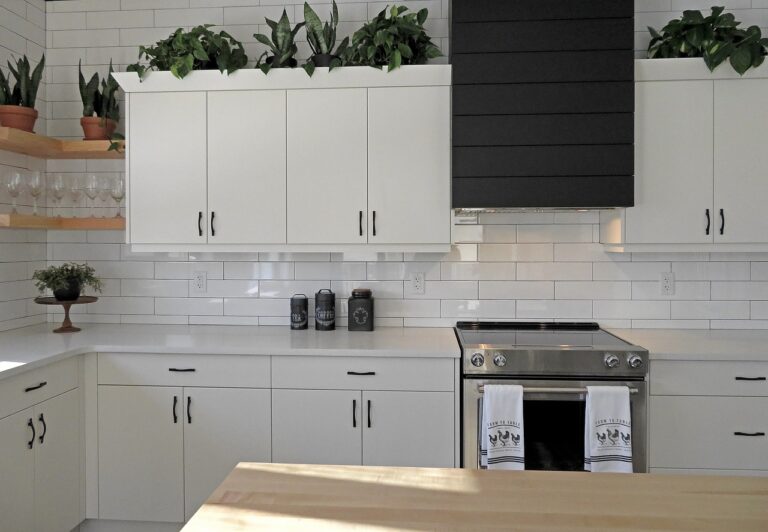The Benefits of Natural Swimming Pools for Eco-Friendly Homes
diamondexch sign up, sky 99 exch, reddy anna book club: Natural swimming pools are becoming increasingly popular among eco-conscious homeowners looking to reduce their environmental impact while enjoying the benefits of a swimming pool. These pools offer a more sustainable and eco-friendly alternative to traditional chlorine pools, providing numerous benefits for both the environment and the homeowners themselves.
1. What are Natural Swimming Pools?
Natural swimming pools, also known as eco-friendly pools or bio pools, are chemical-free swimming pools that use plants and biological filters to keep the water clean and clear. These pools mimic the natural filtration process of ponds and lakes, creating a balanced ecosystem that supports plant and animal life while providing a safe and healthy swimming environment for humans.
2. How do Natural Swimming Pools Work?
Natural swimming pools are divided into two zones: the swimming area and the regeneration zone. The swimming area is where you swim and enjoy the water, while the regeneration zone is where plants and microorganisms filter and purify the water. Water is pumped from the swimming area to the regeneration zone, where it passes through the roots of aquatic plants and is cleaned naturally before being returned to the swimming area.
3. Benefits of Natural Swimming Pools for Eco-Friendly Homes
– Environmentally Friendly: Natural swimming pools do not require chemical treatments like chlorine, which can be harmful to the environment. By using plants and biological filters, these pools create a self-sustaining ecosystem that promotes biodiversity and reduces water and energy consumption.
– Healthier Water: Traditional chlorine pools can cause skin and eye irritations, as well as respiratory problems for swimmers. Natural swimming pools provide clean and clear water without the harsh chemicals, making them safer and more enjoyable for both humans and wildlife.
– Lower Maintenance Costs: While natural swimming pools may have higher upfront costs compared to traditional pools, they require less maintenance over time. With no need for chemical treatments, natural pools save money on chemicals and reduce the need for costly repairs and replacements.
– Aesthetically Pleasing: Natural swimming pools blend seamlessly with their surroundings, creating a beautiful and natural oasis in your backyard. The plants and wildlife in and around the pool enhance the overall aesthetic appeal of your outdoor space, providing a tranquil and peaceful retreat for you and your family.
– Increased Property Value: Natural swimming pools are a unique and desirable feature that can increase the value of your home. Potential buyers are increasingly seeking eco-friendly and sustainable features in homes, making natural pools a valuable investment for the future.
4. Choosing the Right Design for Your Natural Swimming Pool
When designing a natural swimming pool for your eco-friendly home, there are various factors to consider, such as the size of the pool, the location of the regeneration zone, and the types of plants and filters to use. Working with a professional pool designer and landscaper can help you create a custom natural pool that meets your specific needs and preferences.
5. Maintaining Your Natural Swimming Pool
While natural swimming pools require less maintenance than traditional pools, they still need regular care to keep them clean and healthy. Regularly monitoring water quality, cleaning the filters, and maintaining the plants are essential tasks to ensure the longevity and effectiveness of your natural pool.
6. FAQs
Q: Can I use a natural swimming pool year-round?
A: Natural swimming pools can be used year-round in most climates, as long as proper maintenance and care are provided. In colder regions, you may need to winterize your pool to protect the plants and filters from freezing temperatures.
Q: How do natural swimming pools deal with algae and bacteria?
A: The plants and microorganisms in the regeneration zone of a natural pool help to eliminate algae and bacteria naturally. By creating a balanced ecosystem, natural pools effectively control and prevent the growth of harmful microorganisms in the water.
Q: Are natural swimming pools safe for children and pets?
A: Yes, natural swimming pools are safe for children and pets to swim in. Without harsh chemicals like chlorine, natural pools provide a safer and healthier swimming environment for all users, including children and pets.
In conclusion, natural swimming pools offer a sustainable and eco-friendly alternative to traditional pools, providing numerous benefits for the environment and homeowners alike. By integrating plants and biological filters, these pools create a natural ecosystem that promotes biodiversity, reduces water and energy consumption, and enhances the beauty and value of your home. Consider investing in a natural swimming pool for your eco-friendly home and enjoy the many advantages it has to offer.







